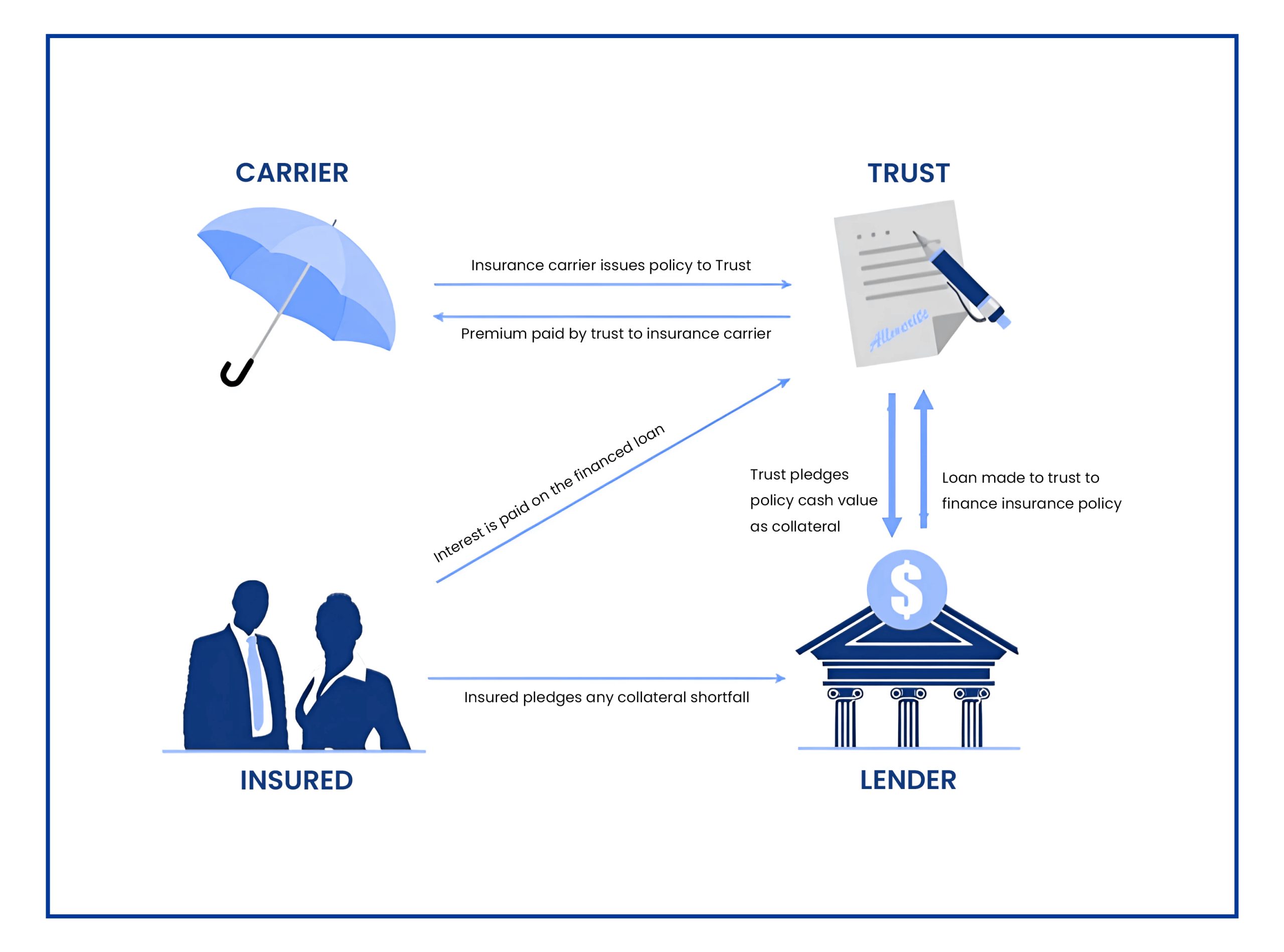
What Is Estate Planning?
Estate planning is the process of arranging for the management and distribution of your assets after your death or in the event you become incapacitated. A well-crafted estate plan ensures that your wishes are honored, your loved ones are protected, and your legacy is preserved — all while minimizing legal complications, taxes, and delays.
Key Elements of Estate Planning:
- Will – Specifies how your assets should be distributed and who will care for any minor children.
- Trusts – Help manage your assets during your lifetime and distribute them after death, often avoiding probate and offering tax benefits.
- Power of Attorney – Designates someone to make financial or legal decisions if you are unable to do so.
- Healthcare Directive (Living Will) – Outlines your medical care preferences and appoints someone to make healthcare decisions on your behalf.
- Beneficiary Designations – Ensure your financial accounts, retirement plans, and life insurance are properly designated to the intended individuals.
Why Estate Planning Matters:
- Protects your family’s financial future
- Avoid unnecessary legal battles and delays
- Minimizes estate taxes and probate costs3
- Provides peace of mind, knowing your wishes will be carried out
Estate planning isn’t just for the wealthy — it’s for anyone who wants to take care of the people and causes that matter most. Whether you’re planning for retirement, running a business, or simply getting your financial house in order, a solid estate plan is a key part of your long-term strategy.

Advanced Estate Planning with Premium Financing Life Insurance in ILITs
For high-net-worth individuals facing significant estate tax exposure, premium financing life insurance held within an Irrevocable Life Insurance Trust (ILIT) offers a sophisticated strategy to preserve wealth, provide estate liquidity, and minimize tax liability.
What Is Premium Financing?
Premium financing involves borrowing money—typically from a specialized lender—to pay the premiums on a large life insurance policy. Rather than liquidating assets or using cash flow, the borrower pays interest on the loan while the policy remains in force. The death benefit is then used to repay the loan, with the remaining proceeds passing to heirs income and estate tax-free.
The Role of the ILIT
An Irrevocable Life Insurance Trust (ILIT) is a trust specifically designed to own life insurance policies outside of your taxable estate. When structured properly:
- The death benefit avoids estate taxes.
- The proceeds can provide tax-free liquidity to cover estate taxes, debts, or business transition costs.
- Heirs receive the remaining funds without going through probate.
Benefits of Premium Financing in an ILIT
- Estate Tax Mitigation – Keeps the life insurance proceeds outside your estate, helping offset estate taxes without increasing your taxable estate.
- Leverage – Enables the purchase of large life insurance policies with minimal upfront outlay.
- Preservation of Capital – Avoids liquidating income-producing or appreciating assets to fund premiums.
- Tax-Free Wealth Transfer – Delivers a significant tax-free benefit to heirs when structured correctly.
Is It Right for You?
This strategy is best suited for individuals with:
- A net worth exceeding the federal estate tax exemption
- Strong credit and the ability to service interest payments
- A desire to pass on wealth efficiently while preserving liquidity
Premium financing using an ILIT is a highly customized strategy that requires coordination between your financial advisor, estate attorney, insurance specialist, and lender. When implemented correctly, it can be a game-changing solution for estate tax planning.
Let's Connect Now
Get in touch with us with the following details
- 10120 S. Eastern Ave Suite 231 Henderson, NV 89052
- Office: 866.999.1332 x101
- 866.650.7865
- www.wealthprotectionadvisory.com
- CA License # 0D79468
